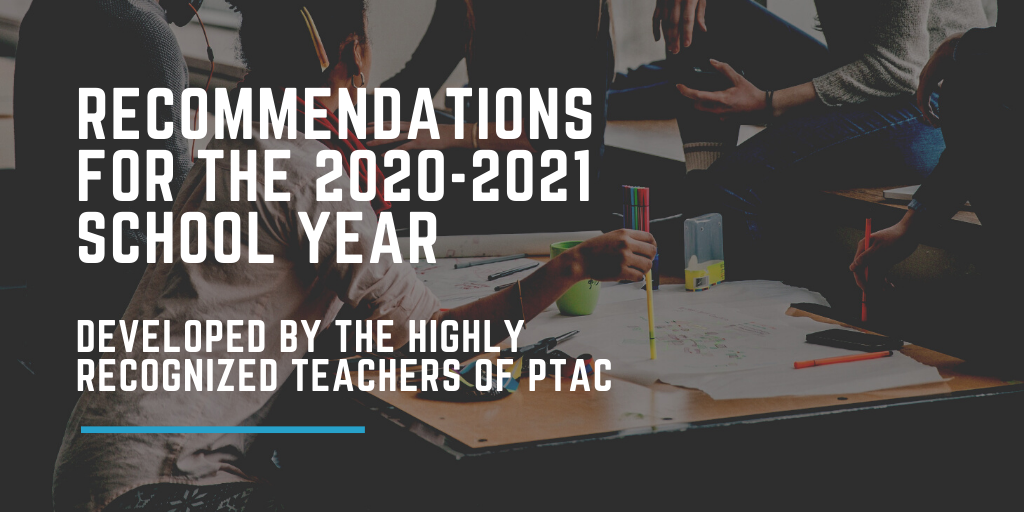BLOG POST BY PTAC MEMBER LISA PICKETT, Ed.D. Every year I have students in my classes who have been exposed to traumatic experiences that influence their overall ability to function. Student #1 found their father lifeless in the basement. Student #2 hides the fact that their brother is a heroin addict. Student #3 hears gunshots every night. Student #4 fears that they may be racially profiled while catching the bus to school. Student #5 is a motherless child because their mother died while giving birth to them. Student #6… Student #7… It never stops—NEVER—because every student has a story to tell. Most importantly, their stories influence how they show up in the classroom academically, socially, and emotionally. As such, many of my students have reported that the experiences that have carried the most weight are not the academic lessons. They are the subtle onstage and offstage experiences that encourage my students to communicate, practice active listening, develop interpersonal skills, adapt, problem solve, research, and employ conflict resolution. Consequently, if there is one truth that I know for sure after 21 years of teaching, it is that when students return to school post COVID pandemic, the academic, social, and emotional well-being of our students will continue to be influenced by their stories as well as new experiences influenced by COVID-19 - not to mention recent experiences connected to the Black Lives Matter Movement, racial oppression, American government, politics, economy, and social injustice. In addition, many students will not yet know how the aforementioned experiences have affected them let alone how to best mitigate the effects. In response, school districts must prepare to provide teachers with support to promote “social-emotional learning, identify and meet the needs of children who have experienced trauma, and create inclusive classroom spaces protective of all children” as indicated by the Pennsylvania Teachers Advisory Committee’s 2020-2021 School Year Recommendations. Schools will need to have clear systems in place not only to train teachers how to best support the socio-emotional needs of students but also to support teachers. These systems will need to reflect trained trauma experts, social services, counselors, trauma informed pedagogy, and culturally relevant practices that promote student wellness. Such support will be essential as it will provide a lifeline to many of the social-emotional needs and competencies that influence the educational well-being of students during what has been pegged to be one of the most historical times in contemporary American history.
0 Comments
Your comment will be posted after it is approved.
Leave a Reply. |
AuthorPennsylvania Teachers Advisory Committee Archives
March 2022
Categories |


 RSS Feed
RSS Feed